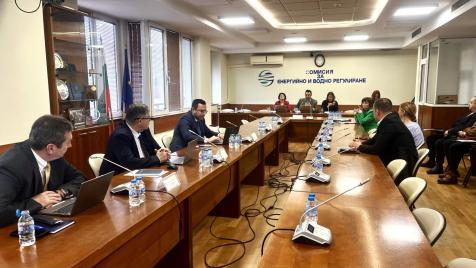Businesses in Bulgaria will have a grace period after the launch of CBAM
The EU is preparing new rules by December, and Bulgaria is already approving the first declarations for declarants
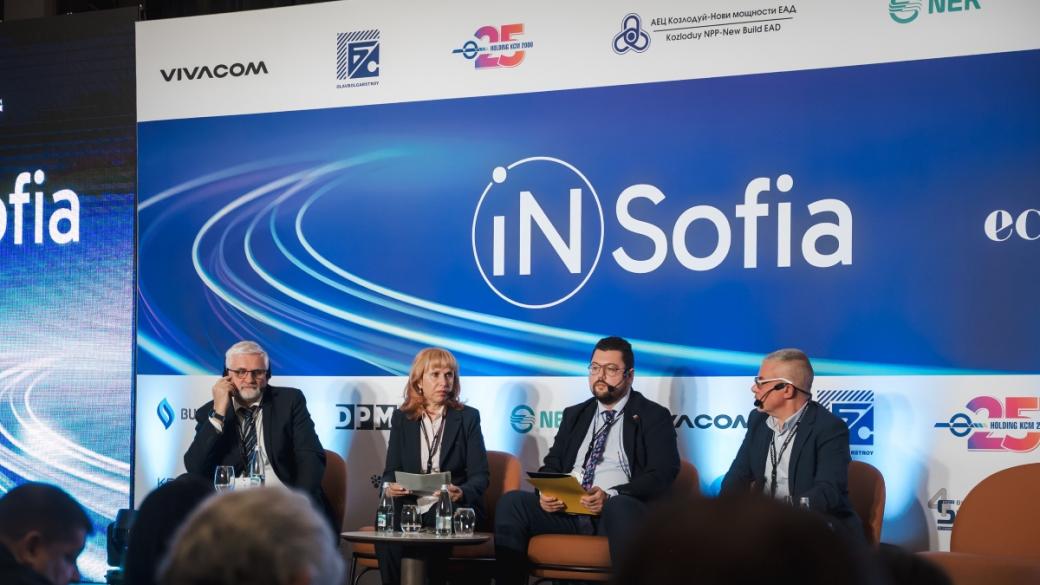
Companies affected by the Carbon Border Adjustment Mechanism (CBAM) will have a nine-month grace period after January 1, 2026, to continue importing goods from third countries until they obtain "approved declarant" status. Meanwhile, the European Commission is preparing a full review of the CBAM by December with new legislative proposals to clarify the rules on electricity, exports, and the prevention of abuse.
This became clear during the international forum iN Sofia 2025, organized by Economic.bg, which took place on October 31, 2025, at the Hilton Hotel.
The mechanism is becoming a key EU tool for preventing "carbon leakage" and maintaining the competitiveness of energy-intensive industries, but it remains a challenge for both business and administration.
We would like to remind you that the Mechanism will come into effect on January 1, 2026, and will cover companies that import iron, steel, aluminum, cement, fertilizers, electricity, and hydrogen from third countries into the EU. The actual purchase of certificates will start in 2027, but next year companies must have obtained "approved declarant" status in order to be able to import.
Business relief
The Executive Environment Agency (EEA) was designated as the competent authority for CBAM in 2024. "We had very little time to prepare, but we succeeded. We built capacity, created our own internal procedures, and maintain up-to-date and practical information on the agency's website," said Vesselina Roshleva, deputy executive director of the EAEA.
To date, around 200 applications have been submitted for "approved declarant" status, with 140 companies expected to receive approval within weeks.
This will allow importers to continue their activities without interruption after January 1," Roshleva said.
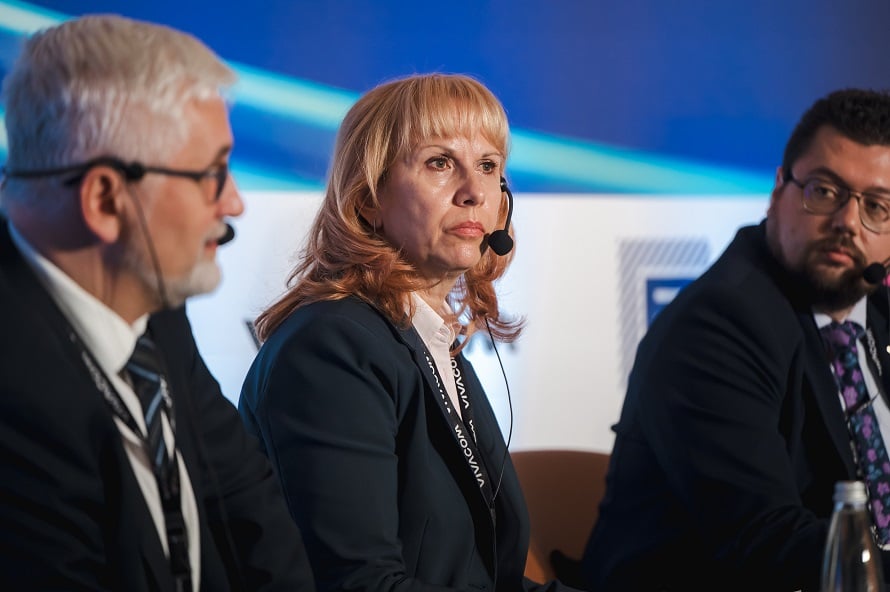
She added that the new regulation to simplify CBAM, published on October 17, provides for real relief.
We will now have a single threshold based on weight – 50 tons per shipment. This means that importers whose goods do not exceed this volume will not need to have "approved declarant" status, she explained.
The previous threshold was extremely low – only €150 per shipment, which in practice included almost all small deliveries within the scope of the mechanism. This effectively gives small businesses some breathing space.
The second key relief, she said, concerns the approval deadlines and introduces a nine-month grace period after the CBAM officially enters into force on January 1, 2026. All importers, even if they have not obtained the status of an approved declarant, will be able to continue importing goods within the scope of the CBAM. This will initially apply until March 31, and if they apply for approval in the meantime, they will have another six months.
In other words, importers will be given a period of around nine months during which they will be able to continue importing such goods without being – roughly speaking – stopped at the border.
The transitional regime introduced in this way aims to ensure a smooth start to the mechanism and avoid disruptions in supply chains. This will give businesses enough time to bring their processes into line with the new requirements and the administration to complete the approval procedures and stabilize the system.
Roshleva acknowledged that questions about electricity remain open. The agency is awaiting additional guidance and methodologies for the application of CBAM to electricity transit. Roshleva also shared the most frequently asked question:
What happens to companies that transit electricity from a country outside the European Union, through an EU country, and then to a country outside the EU? This is an extremely complex question, and at the moment we really don't have an answer.
The European framework
We are working intensively on the rules and guidelines for the introduction of the mechanism from January 1, 2026," said Jan Dusik, Deputy Director-General of DG Climate at the European Commission.
He pointed out that a full review of the CBAM will be published at the end of the year, accompanied by legislative proposals in several areas – electricity, exports and the prevention of circumvention of the rules.
We want to ensure that CBAM is not undermined by resource transfers or value chain manipulation. Our goal is for it to be successful – as part of the broader framework of the European Emissions Trading System (ETS)," Dusik emphasized.
On the path to decarbonization
Despite these positive steps, large energy-intensive companies continue to insist on harmonizing regulations with the "physics" of real business in order to remain competitive in the context of decarbonization. Aurubis Bulgaria is among the companies that are already implementing decarbonization programs combining green energy and energy efficiency.
Ivaylo Georgiev, Head of Sustainable Development and Public Relations, emphasized that the company has a "well-developed, feasible, and implemented decarbonization policy" that has long since moved beyond the theoretical essay phase and is focused on the real challenges of the industry.
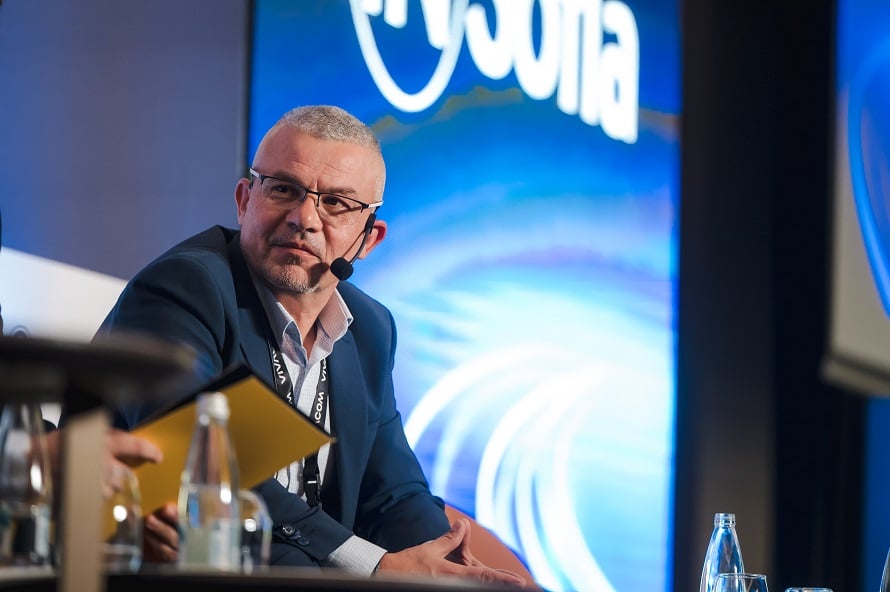
Since a large part of Aurubis' production processes are already electrified, the company is shifting its focus to its "indirect footprint." This means efforts to produce its own energy from renewable sources and achieve savings through energy efficiency programs. At the corporate level, investments are also being made in future technologies, albeit at a "very early stage," such as carbon capture and storage systems, as well as the use of hydrogen as a fuel for the sector.
Georgiev categorically stated that the company's approach is based on pragmatism, taking into account financial realities:
The closest reading we have ahead of us is the annual financial report."
He emphasized the philosophy that "decarbonization is a strategy, not a collection of projects." . "What we are trying to do is to read the regulations and financial reports in combination in the smartest way possible, as far as reality allows," he concluded, stating the position of "real business" in the complex dialogue between "regulation and reality."
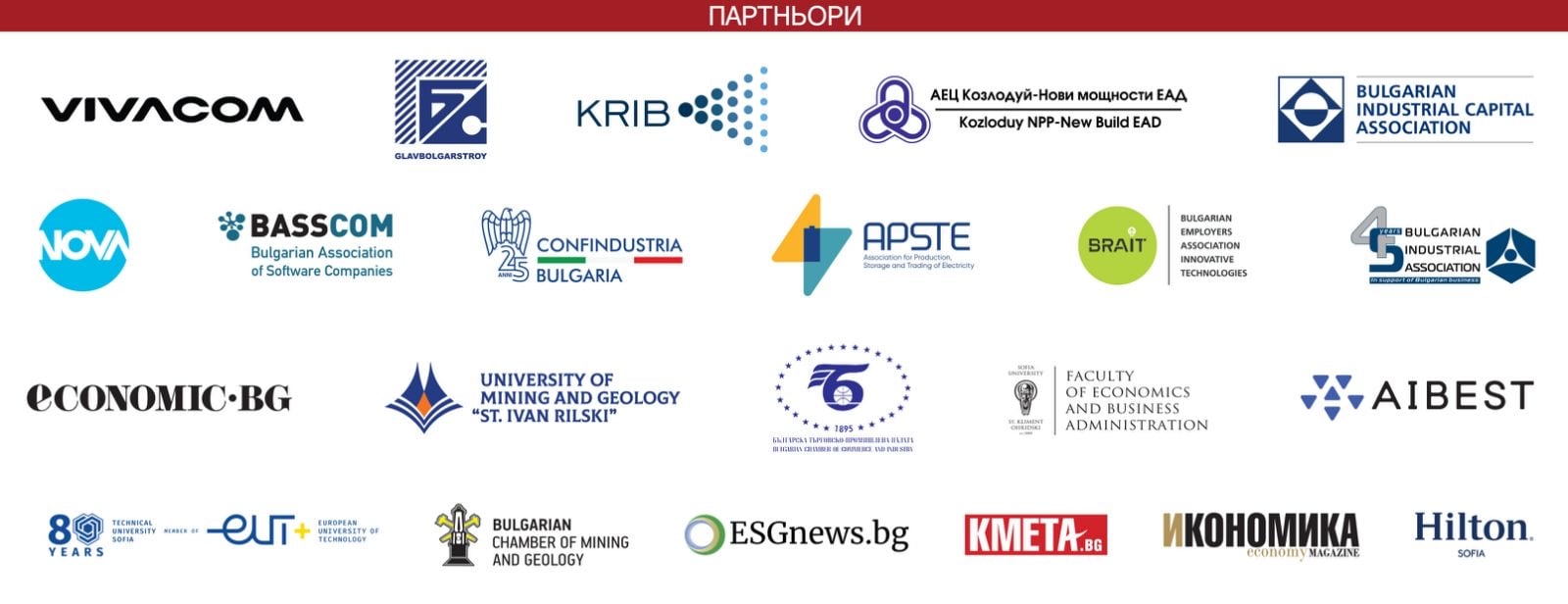
Translated with DeepL.

 Gloria Hristova
Gloria Hristova 

